Nov 4, 2022
Please forgive the abuse of the Halloween metaphor as I find myself spooked by the specter of an addiction treatment false binary in the op-ed in the innovations issue (see “Harm reduction innovation: Abstinence, move over,” ADAW Oct. 31; https://onlinelibrary.wiley.com/doi/full/10.1002/adaw.33600).
Title aside, the piece is fairly balanced, particularly taken in the context of author John de Miranda’s thoughtful piece published earlier this year titled “Treatment and Recovery Discover Harm Reduction: Now What?” (see ADAW July 18; https://onlinelibrary.wiley.com/doi/10.1002/adaw.33500). (Editor’s note: We, not de Miranda, are responsible for the headline; apologies to all for any misunderstanding.)
I’m haunted though, as we critique treatment modalities along the continuum of interventions, by our tendency once again to fall into the ideological inferno of “either or” by viewing treatment only through the mask of personal lived experiences. When we do that, we divide into warring factions that disregard a reality that seemingly contradictory concepts, if understood and applied with expertise, can coexist to the benefit of a population at large. Such is the case with harm reduction and abstinence.
Don’t be frightened. Our lived experiences (mine, like those of so many, being 12-step abstinence recovery) are valuable and inform our work, as do evidence-based practices, practice-based evidence, and measurement based care. Rather, abstinence need not and must not “move over” for harm reduction to find its place in the continuum. The word continuum, after all, suggests that adjacent elements appear very different when viewed in their extremes, but actually can exist in a sequence.
de Miranda suggests a dichotomy of origin, and presumably of value, in that he argues motivational interviewing is the product of a gradual, organic and bottom-up process, whereas harm reduction emanates from the top down through the innovation of federal agencies. Admittedly, the current administration is laser focused on harm reduction, but, like motivational interviewing, harm reduction in its many and varied types has clear and extensive evidence in years of bottom-up practices of reduction of disease, severity of consequences and mortality. It’s not new or innovated from federal agencies.
It is true that simply staying alive on the one hand, and recovery as a process of transformation through which individuals reach their full potential on the other hand, are not the same thing. But, if our experience has taught us anything, it is that science, 12-step humility and motivational interviewing require that we take the client as the client presents, and disease as it is optimally treated. In so doing, we offer the lifesaving gift of that which can be grasped by the patient in a moment of time. It is too easy in a critique to grab at polar ends of a spectrum. It requires wisdom to find the nuance in complex matters. And that is the job of an experienced, educated and trained professional. As journalist and scholar H.L. Mencken once said (paraphrased), every complex problem has a solution which is simple, direct, plausible — and wrong.
Oh yes, back to Halloween. In ancient Western tradition, at this time of year the soul proceeds through a continuum called Allhollowtide by stepping first into All Souls’ Eve, then All Hallows Eve (Halloween), until emerging forward in a better place called All Saints’ Day. As addiction treatment professionals, we are not saints, but just like our patients, works in progress open to challenging new discoveries. More will be revealed.
Author: Marvin Ventrell
Publication: Alcohol and Drug Abuse Weekly (ADAW)
View Full ADAW Newsletter




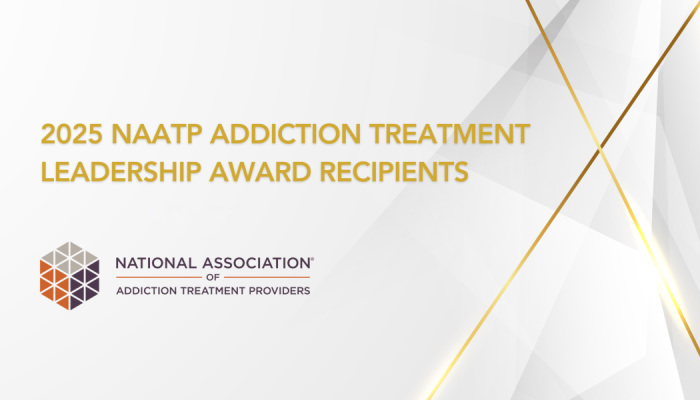
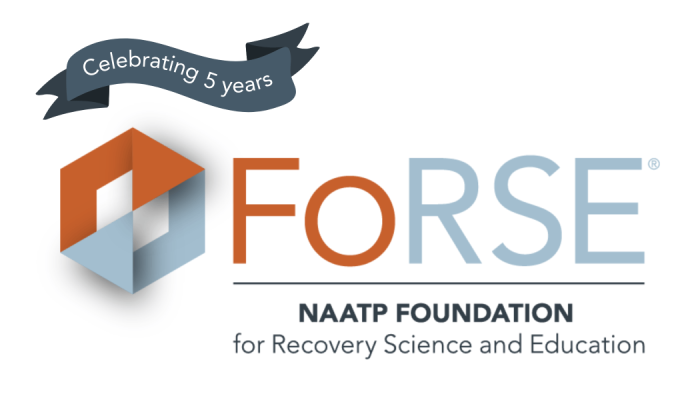
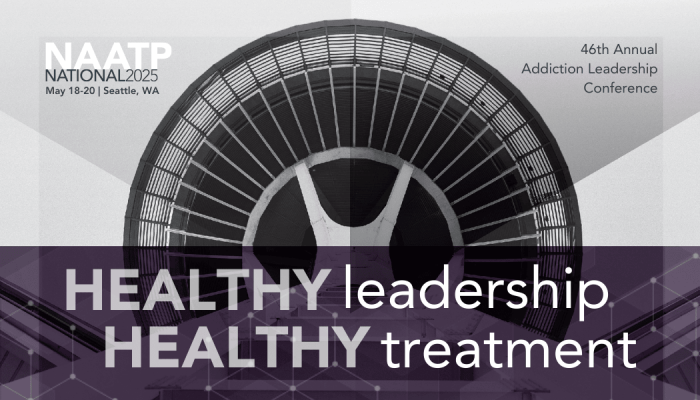

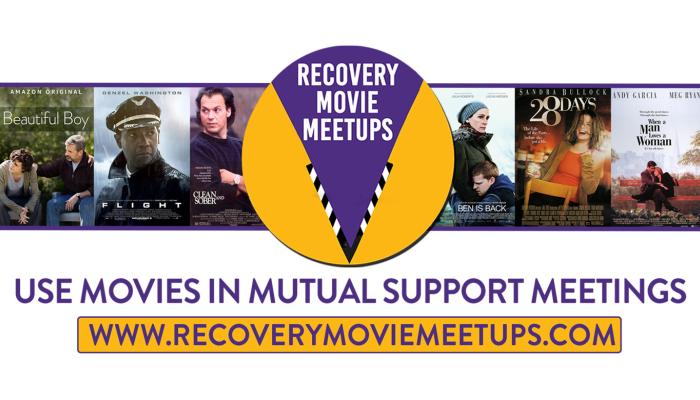
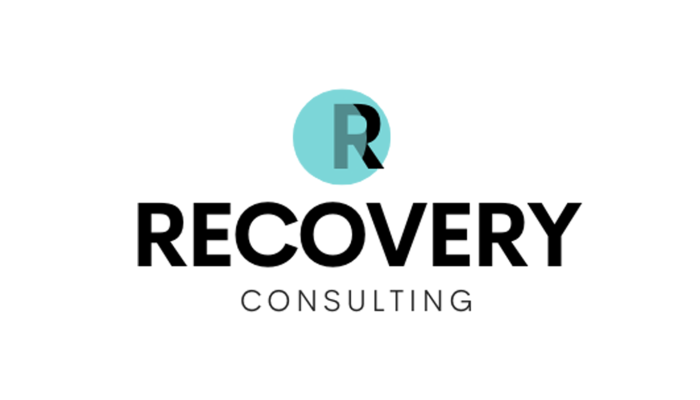
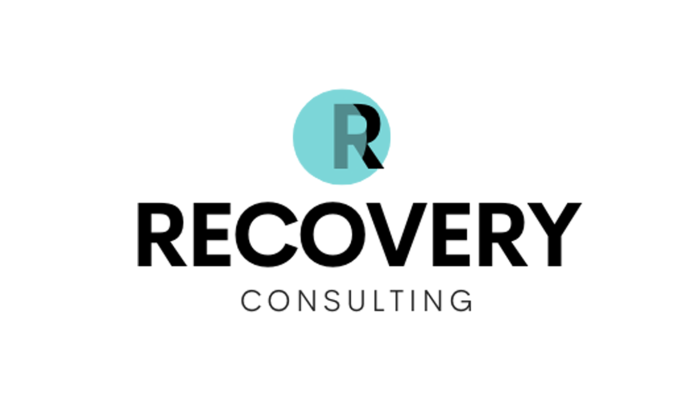


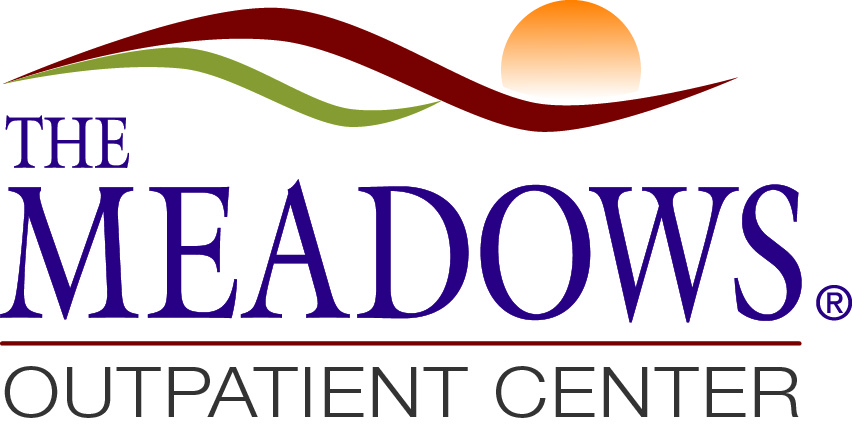

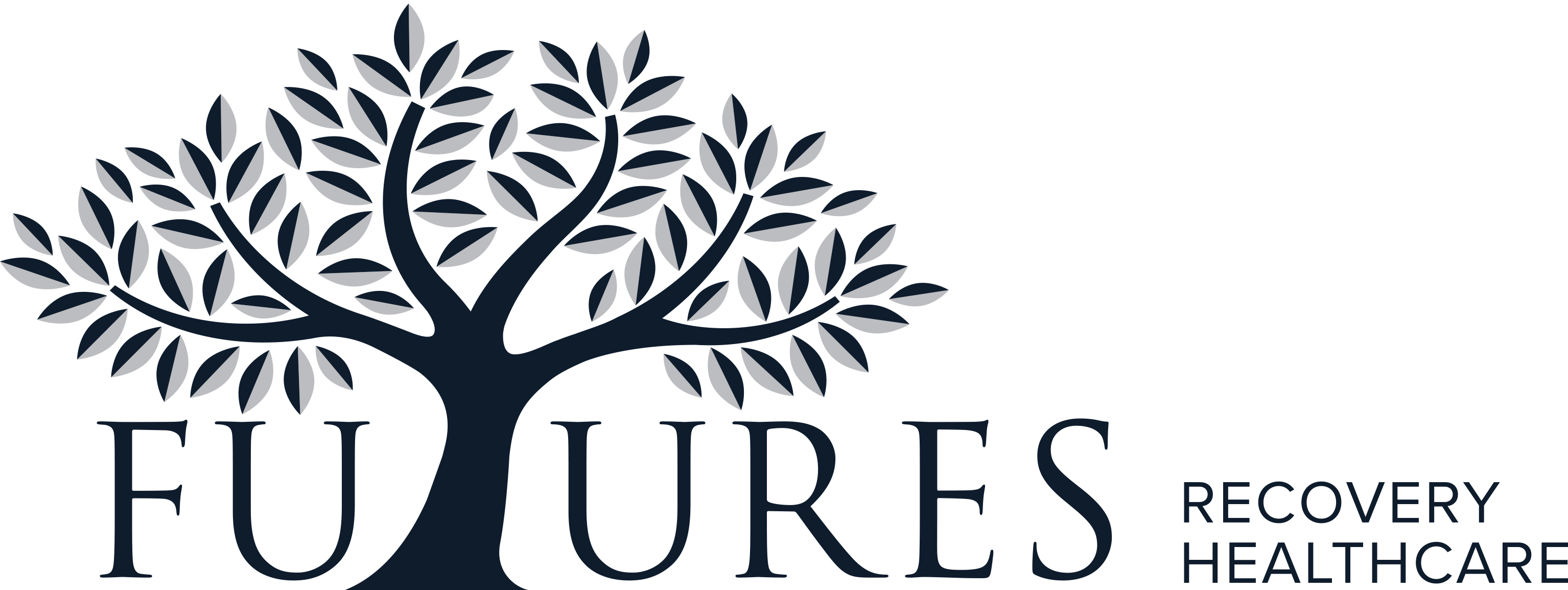




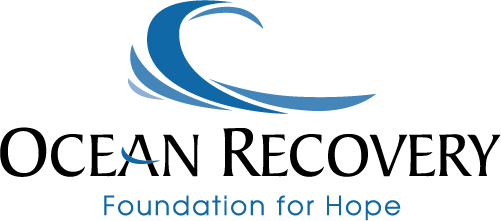

Comments
rollinghillsrec... replied on Permalink
Drug Alcohol Rehab
The article encourages a more nuanced perspective that recognizes the individuality of each person's journey to recovery. By promoting a comprehensive and personalized approach, the article calls for a shift towards evidence-based practices that integrate various modalities to address the diverse needs of individuals seeking help for addiction. https://www.rollinghillsrecoverycenter.com